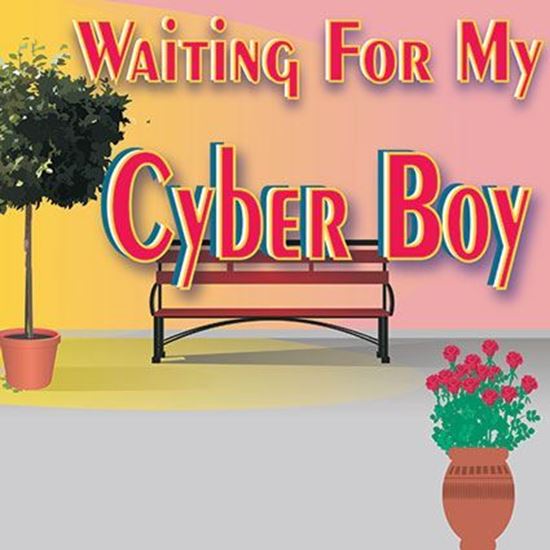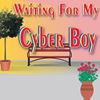


Waiting for My Cyber Boy
Becky has been talking online with a guy for several weeks now. He’s really sweet, so obviously he’s not a weirdo or anything. Now she sits on a park bench, anxiously awaiting their first meeting in person. On the other bench sits her friend Trisha, who is there “just in case.” Suddenly, Morgan appears, then Ethan arrives, apparently to make a final play for Becky before he loses her forever to the mystery man. Then Allie, Noah, and Josh arrive to further complicate what was supposed to be such a romantic, exciting date. With its quick-fire dialogue and convoluted relationships, the action reflects the effervescence and melodrama of teenage life. Yet by the end, the characters are forced to admit that the “cyber boy” has come to represent something significant about themselves, and in a deliberate comic take on "Waiting for Godot" they join Becky in her impatient vigil. Ideal for competitions and one-act festivals.
Productions
Behind The Scenes
PLAYWRIGHT TIM MOGFORD TALKS ABOUT
“WAITING FOR MY CYBER BOY”
Q: WHAT INSPIRED YOU TO WRITE THIS PLAY?
As with all my work in the schools drama genre, the inspiration for this play comes from my work with students.
Q: WHAT IS YOUR FAVORITE PART OR LINE IN THE PLAY?
The online, “cyber” world is so much a part of their lives now that their language flows almost seamlessly from real life to “cyber-life.” Phrases like “I met him online” sound so bizarre to me that a dramatic development of these attitudes was an obvious way to explore them.
Q: WHERE DO THE CHARACTERS COME FROM?
And when I started, I found that the wide-eyed faith of girls like Becky should either make us gasp or laugh. Maybe both. In this case, I felt that laughter might serve us better.
Q: WHAT DID YOU TRY TO ACHIEVE WITH THIS PLAY?
Despite all the programs and warnings and weary awareness, my sense is that young people are still far too willing to expose themselves emotionally and psychologically to other people. To do so on the internet perhaps seems safer, since it happens within their home, despite all the evidence that such behavior is far from being safe. The line “he’s always really sweet (online), so obviously he’s not a weirdo or anything” is taken almost word-for-word from a conversation I overheard in the hallway outside my classroom. In the hopes that an audience – particularly a young audience – might laugh at the silly illogicality of that idea, I chose to center the action of the play around Becky’s conviction that she could spot a “weirdo” and that this guy wasn’t one.
Q: IS THERE ANYTHING ELSE YOU’D LIKE TO ADD?
All this sounds very heavy, and the play and I try very hard not to be overly preachy. Despite its serious core, there is a great well of humor in the whole online experience that is only starting to be tapped. On one level, the goofy romantic strategizing of teens like Morgan and Ethan is given yet another forum to play in. On another, there is always great fun in the tension between what is and what seems to be, and the online lives we are all leading now add to this rich vein of comedy. Finally, it took less than a page for me to realize that I was already heavily indebted to Beckett, who I am quite convinced would have had a field day with the whole cyber-thing. Becky’s dream boy, like Godot and so many other modern figures, is so much more interesting because he never shows up. He’s only a mouse click away, of course. We’re still waiting to know which one.
